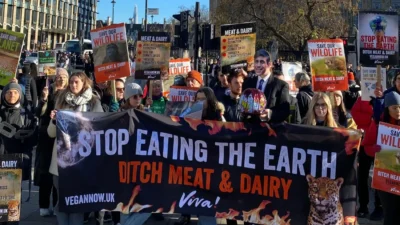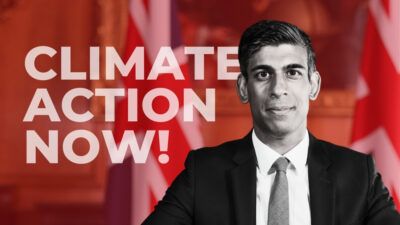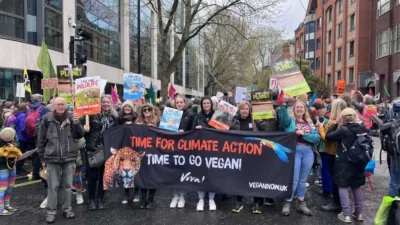Nations agree to transition away from fossil fuels at COP28 but what does that mean for the planet?
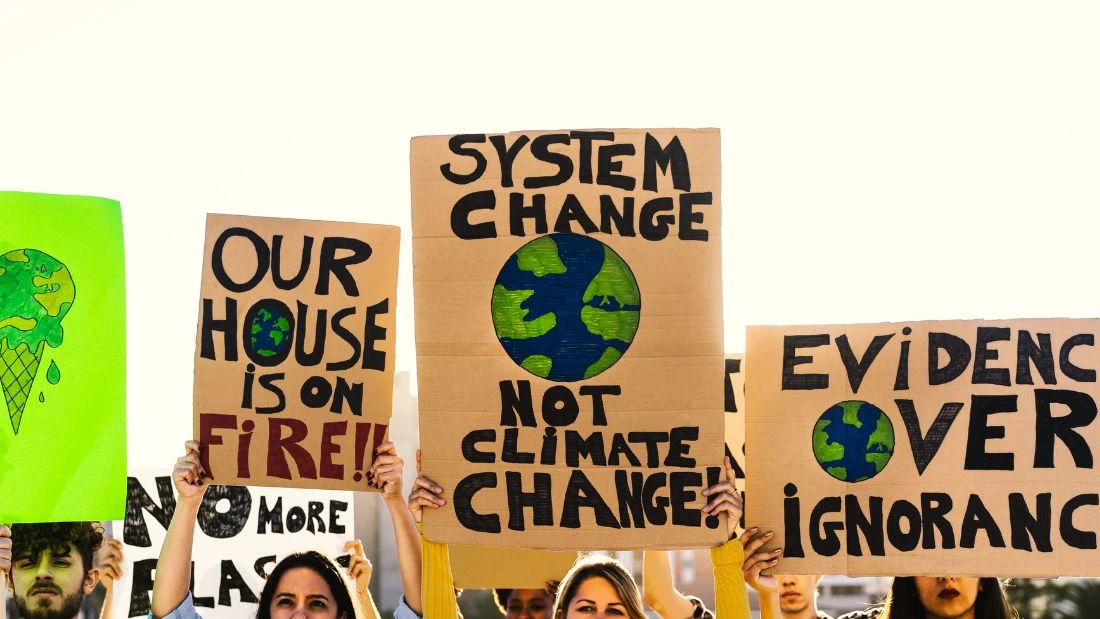
As 2023 is likely to be announced as the hottest year in 120,000 years a commitment to phase out fossil fuels is being heralded as an historic moment in the battle against climate chaos.
Representatives from 198 countries agreed at the COP28 climate summit to begin reducing global consumption of fossil fuels to avert the worst of the climate crisis. This is the first commitment to begin transitioning away from coal, oil and gas; but does this signal the end of fossil fuels or is it just more hot air? After all, signals don’t change policies, legally binding commitments do, so it’s unclear how effective COP28 will be.
Some people are already saying this deal does not send a powerful enough message to investors and policymakers that the world is united in its desire to break with fossil fuels – something scientists state is the last best hope to stave off climate catastrophe. Campaigners claim it doesn’t go far enough and that the path forward is still unclear, particularly in regards to where the money to support developing countries to move over to renewable energy resources will come from. Critics say the text is an improvement but contains a “litany of loopholes”.
Food on the COP Menu
One small glimmer of hope came from a long overdue discussion about food systems on 10 December when, for the first time in nearly three decades of climate summits, there was a day dedicated to looking at the impacts of food and agriculture. It resulted in 134 countries, including some of the biggest meat and dairy producers and exporters in the world signing a declaration pledging to reduce greenhouse gas emissions from processes related to producing and consuming food. Global food production accounts for around a third of all greenhouse gas emissions and meat, fish, eggs and dairy products account for nearly 60 per cent of that (around 20 per cent of global emissions).
“It’s great to finally have food on the COP menu,” said Clement Metivier, a climate and biodiversity policy expert at the World Wildlife Fund for Nature in the UK. It means that countries will now have to include reducing food systems impact in their emission reduction plans known as Nationally Determined Contributions (NDCs). A report from Chatham House last year found that out of 193 signatories, only 12 nations named emissions from farmed animals, two mentioned dietary change and none mentioned a reduction of livestock production.
News outlets are reporting how the conference saw several announcements to boost the resilience of food systems and to reduce emissions related to agriculture and methane. BUT the declaration doesn’t specifically mention moving towards a vegan or plant-based diet – which scientific studies show time and time again is the most effective way to reduce food-related emissions, and for individuals to reduce their impact on the planet. It’s also important to note that this declaration is not legally binding. Additionally, against the backdrop that this COP28 saw three times as many delegates representing the interests of the meat and dairy industry compared to COP27, this declaration has to be taken with a pinch of salt.
Animal farming is the main contributor to methane emissions – a greenhouse gas which has a warming potential 80 times greater than CO2 over a 20-year period. A vegan diet lowers these emissions by 93 per cent compared to a high meat diet. Therefore, food emissions will not be lowered by the amount required without a widescale transition to plant-based food systems. The recognition of the benefits of plant-based diets in such a declaration would have gone a long way in both supporting the transition and legitimising the solution in the public eyes.
Food systems, moreover, are still not mentioned in the draft text that all nations agreed on when COP28 ended on 11 December (this might change in the final version).
This COP28 we have seen a step in the right direction in regard to the impact that food has on the planet. But there are still leaps and bounds to go. Plant-based diets need to be included as a central solution to the climate crisis – food is at the foundation of our survival, but it also could be the making of our downfall if we don’t cut out meat, dairy, fish and eggs.
Viva! Taking Action
This is the focus of Viva!’s environment campaigns. During COP28 we took to the streets demanding that world leaders “Stop Eating the Earth” by putting the topic of diet on the table and finally recognise plant-based food’s crucial role within our environmental commitments.
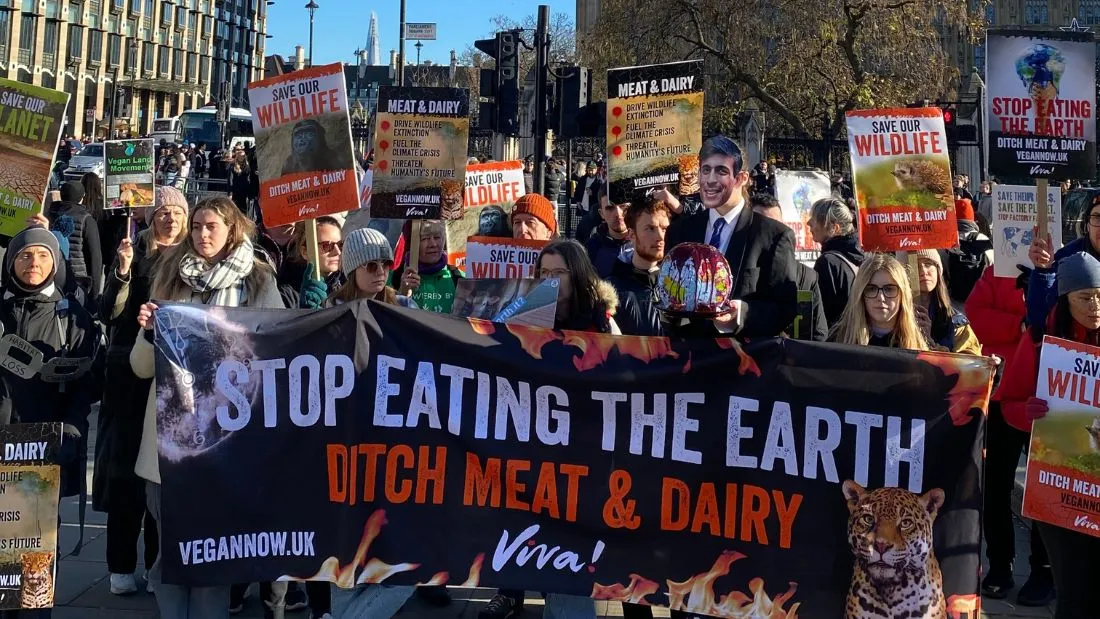
At Parliament Square you might have spotted Rishi Sunak greedily devouring our planet, representing the current Government’s failure to include vegan diets as part of the solution in climate pledges. Across the UK Viva! supporters also took action at local climate demos to make sure that the vegan message was loud and clear within the climate debate.
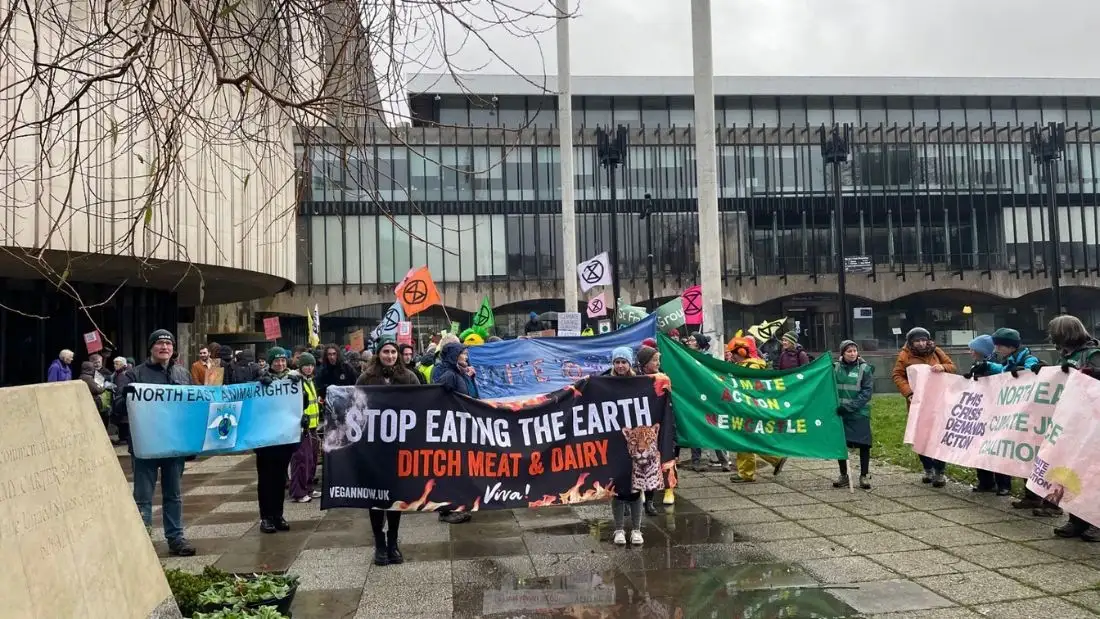
Learn more about our environment campaigns: Vegan Now and Eating the Earth.




